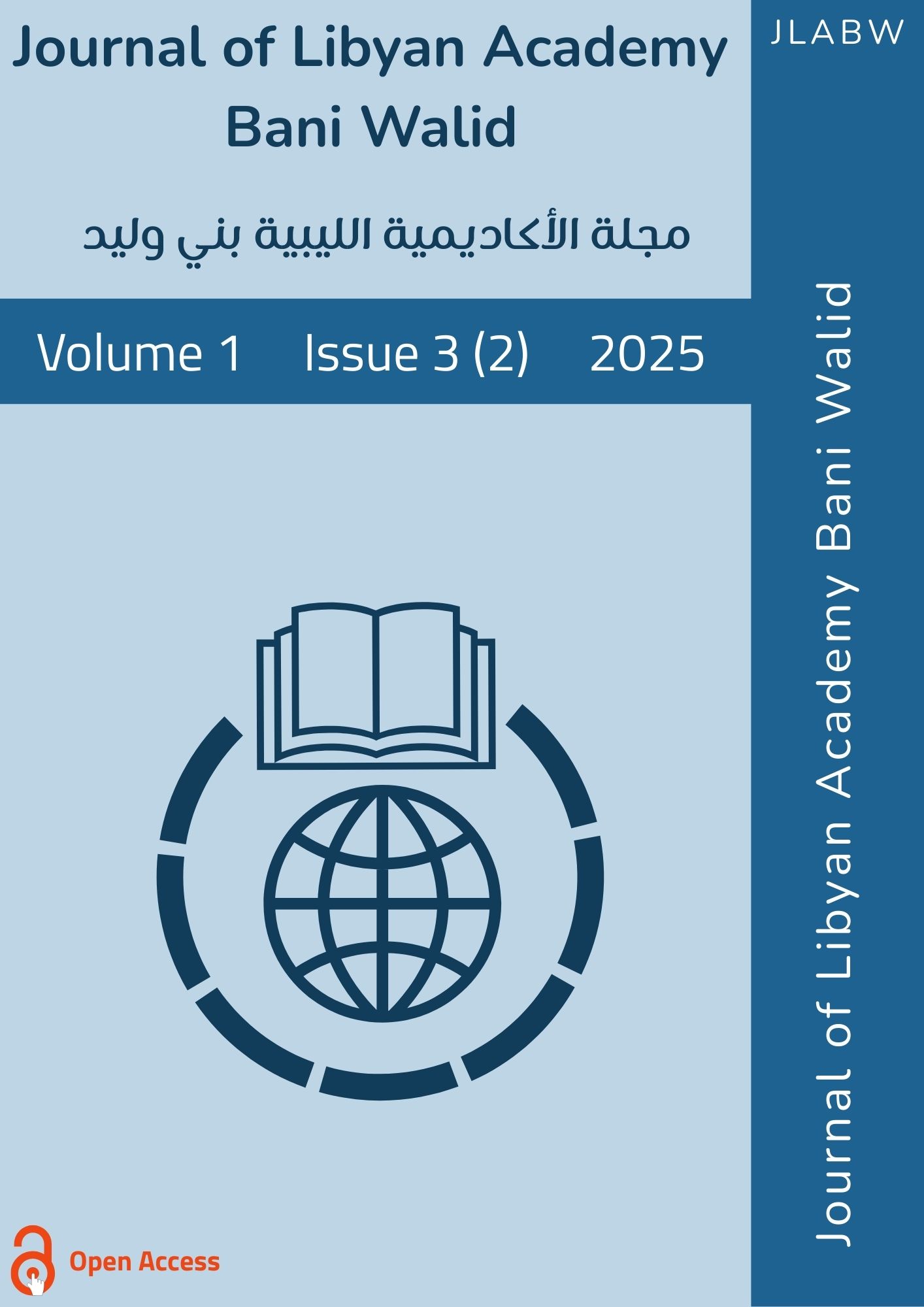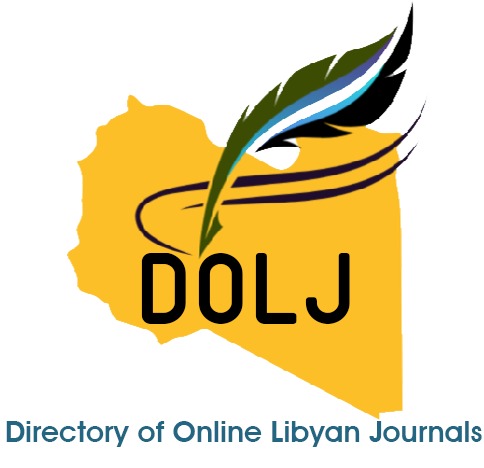The Impact of Treason/Betrayal in Al-Andalus on Cultural and Intellectual Life During the Almohad Era (541 AH–667 AH / 1146–1268 CE)
DOI:
https://doi.org/10.61952/jlabw.v1i3.191Keywords:
Political betrayal, Andalusia, Almohad era, intellectual life, cultural impact, scholarly migration, internal dissension, the fall of Andalusian foundationsAbstract
Throughout its long history, Andalusia was exposed to numerous factors of weakness, the most prominent of which were political betrayal and internal discord, which played a pivotal role in the decline of Islamic rule in the Iberian Peninsula.
This research paper focuses on examining the direct impact of political betrayal on cultural and intellectual life in Andalusia, specifically during the Almohad era (541-667 AH / 1146-1268 AD). The research aims to shed light on how betrayal and internal dissensions contributed to the destabilization of the Almohad state and the dismantling of its structures, negatively impacting its intellectual and cultural fabric.
The study reveals that political betrayal was not limited to its military and political impact; it was also a major cause of:
- The migration of scholars and thinkers, as the educated elite sought more stable and secure environments.
- The disruption of education and intellectual censorship, which led to the decline of academic institutions.
- Loss of intellectual freedom: Intellectuals were subjected to political persecution, leading to the erosion of the Andalusian intellectual and cultural fabric.
The study also examines the long-term consequences of the collapse of Andalusian thought during this era, emphasizing that internal disintegration not only ended an era that could have been a cultural peak but also contributed to the transfer of Andalusian scientific and cultural heritage to the European world, which was preparing for its own renaissance.
References
ابن الأثير، علي محمد عبد الكريم عبد الواحد. (الكامل في التاريخ). تحقيق: محمد عبد السلام. بيروت: دار صادر، 1997م.
ابن بسام، أبو الحسن علي بن بسام. (الذخيرة في محاسن أهل الجزيرة). ليبيا، تونس: الدار العربية للكتاب، 1978م.
ابن الخطيب، لسان الدين. (أعمال الأعلام لِمَن بُويع قبل الاحتلام من مُلوك الإسلام). تحقيق: ليفي بروفنسال. بيروت: دار المكشوف، 1956م.
ابن خلدون، عبد الرحمن. (العبر وديوان المبتدأ والخبر في أيام العرب والبربر ومن عاصرهم من ذوي السلطان الأكبر) (المقدمة). ط2. دار الفكر، 1987م.
المراكشي، عبد الواحد. (المعجب في تلخيص أخبار المغرب). تحقيق: محمد عبد الله عنان. دار المعارف، 1912م.
o (تم تصحيحه من الإدريسي إلى المراكشي، وهو المرجع الأقرب للكتاب المذكور في المتن).
المقري، أحمد بن محمد. (نفح الطيب من غصن الأندلس الرطيب). بيروت: دار الفكر، 1929م.
الناصري، أحمد بن خالد. (الاستقصا لأخبار دول المغرب الأقصى). بيروت: دار الكتب العلمية، 2001م.
ثانياً: المراجع
المدني، أحمد. (النهب الثقافي في تاريخ الغرب). جريدة الاتحاد الاشتراكي، منشورات موقع مفرس.
العمراني، محمد. (النخبة الأندلسية المثقفة في خدمة الخلافة الموحدية). المجلة التاريخية، العدد 36، يونيو، 2007م.
العلي، حيدر عبد الرزاق. (الاغتيالات السياسية في الأندلس حتى نهاية الدولة الأموية). رسالة ماجستير (غير منشورة)، كلية الآداب، جامعة البصرة، 2015م.
بن أحمد، فؤاد. (منزلة التمثيل في فلسفة ابن رشد). بيروت: منشورات صفاف، 2014م.
عبد الغني، إسماعيل عبد الكريم. (فساد القضاء الأندلسي منذ قيام الموحدين حتى سقوط غرناطة). مجلة العلوم الاجتماعية، المجلد 69، العدد 69، 2025م.
عنان، محمد عبد الله. (دولة الإسلام في الأندلس). مصر: مكتبة الخانجي، 2001م.
كعوان، علي عبد السلام. (علماء الأندلس الذين كانت لهم رحلة إلى المشرق الإسلامي خلال القرنين الثالث والرابع الهجريين، التاسع والعاشر الميلادي). رسالة ماجستير (غير منشورة)، كلية الآداب، جامعة الفاتح، 2007م.
مؤنس، حسين. (تاريخ الأندلس من الفتح الإسلامي حتى سقوط غرناطة). القاهرة: دار المعارف، 1957م.
قطب، محمد. (مذاهب فكرية معاصرة). القاهرة: دار القلم، 1987م.








